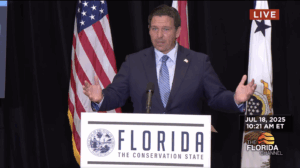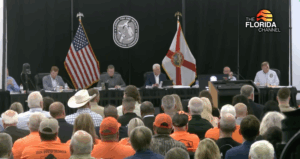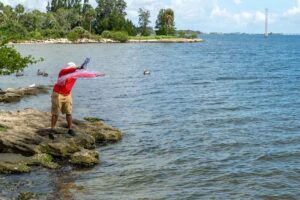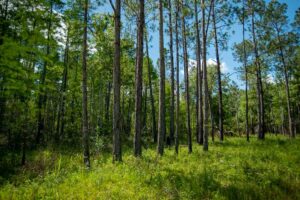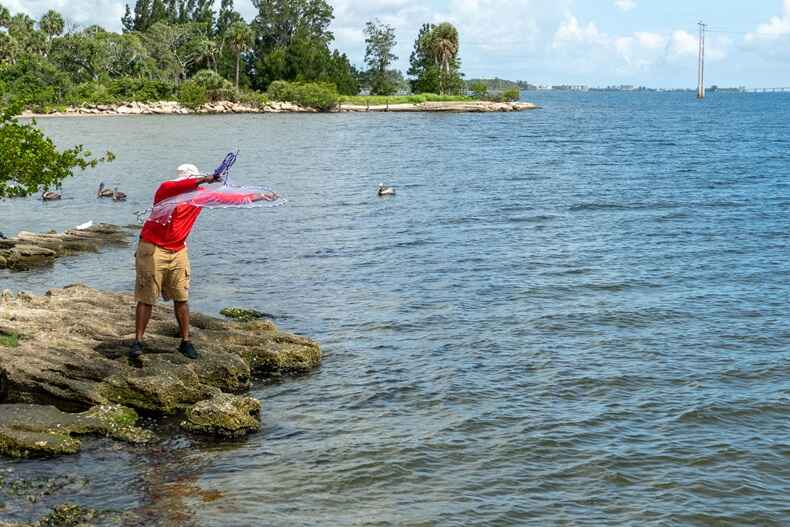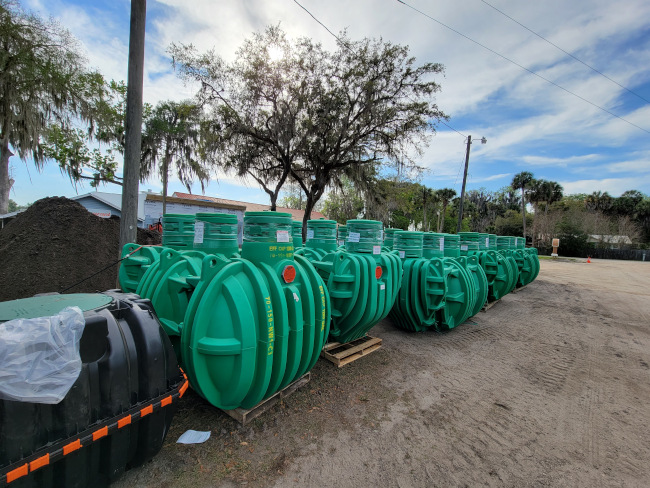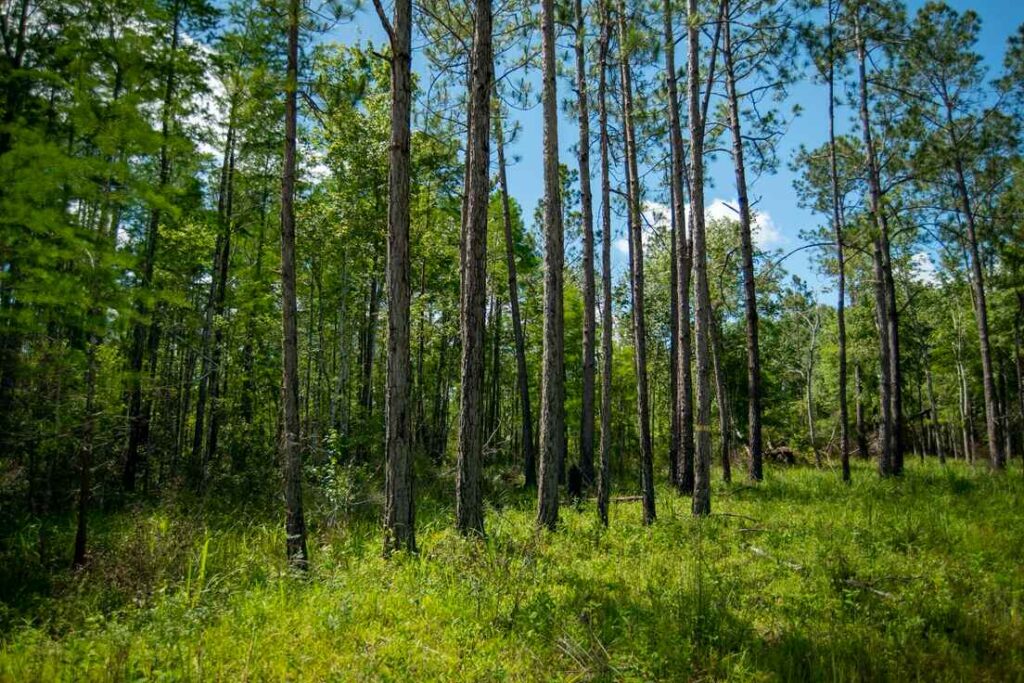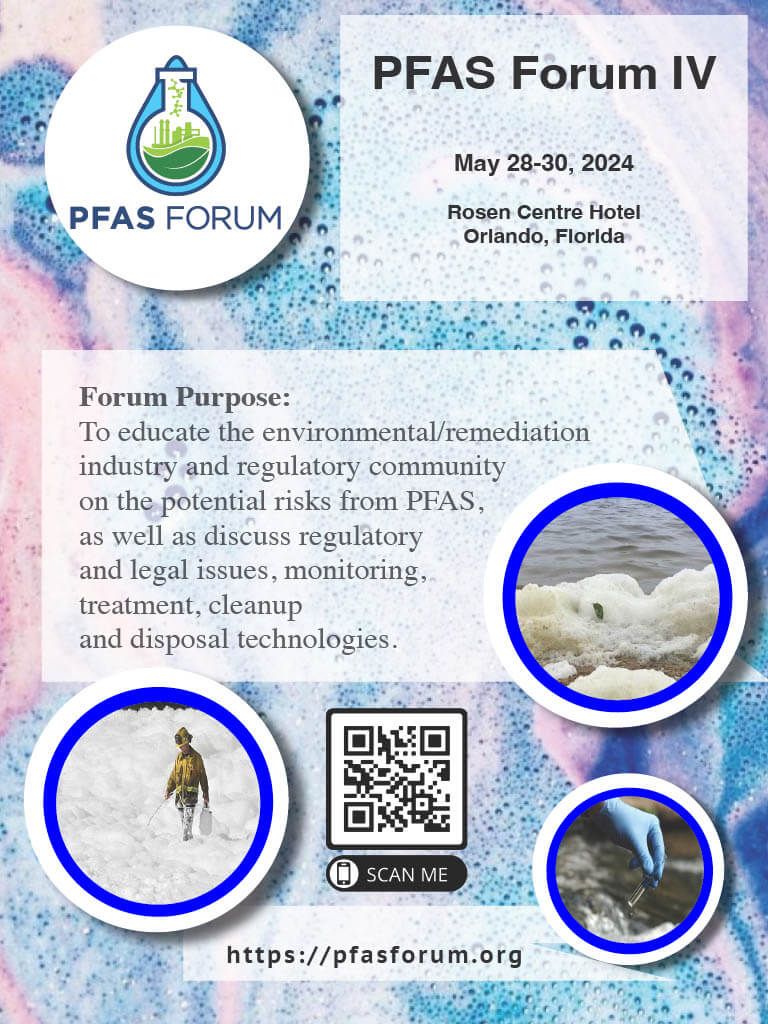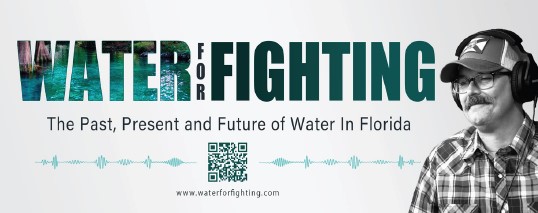By PEPPER UCHINO
In a notable run of bipartisanship, Congress has passed the Thomas R. Carper Water Resources Development Act of 2024 (WRDA), which it has done for WRDA legislation biennially since 2014. The legislation aims to improve U.S. ports and harbors, inland waterway navigation, flood and storm protection, and national water resources infrastructure. More importantly to Florida beaches, it also provides specific relief from the U.S. Army Corps of Engineers’ (USACE) easement polices affecting most of Florida’s federal beach projects.
Senate Transportation and Infrastructure Committee Chairman Sam Graves (R-Mo.) and Water Resources and Environment Subcommittee Chairman David Rouzer (R-N.C.), along with staff, provided leadership and an open and inclusive process in guiding the WRDA to completion this year. The Senate passed the legislation on Dec. 18 after the House passed it on Dec. 10. It is expected to be signed into law by President Biden.
While our work is not done to align USACE’s easement policies more closely with its legal authority and to provide broader solutions for Florida’s federal beach projects, this is the first breakthrough since these issues arose in Florida in 2012. It is a major step forward and sends a clear message to USACE that the status quo is not tenable.
Our coalition of FSBPA members, the Florida Governor’s office, the Florida Department of Environmental Protection, every member of Florida’s congressional delegation, and many other stakeholders was able to finally overcome more than a decade of inaction and provide Florida some relief.
Section 1145 of WRDA 2024 directs the Secretary of the Army to provide flexibility and transparency for real estate requirements for hurricane and storm damage reduction projects. It also provides a two-year window for Florida’s enumerated hurricane and storm damage reduction projects to continue under their previously authorized initial construction and maintenance agreements.
Lastly, and perhaps most importantly, Congress indicated that the minimum estate necessary for hurricane and storm damage risk reduction projects should not exceed the life of the project nor be less than 50 years, which matches the length of congressional authorization. Such sense of Congress is the strongest signal yet that USACE’s requirement for perpetual easements exceeds its legal sufficiency.
By no means is our work done, but I cannot thank our partners enough for their diligence, consistency, and fortitude in pressing Congress to recognize and address Florida’s beach concerns. We look forward to working with USACE to implement the intent of Congress and ensure this is just the first step toward comprehensive solutions and strengthening the longstanding partnership with the federal government on hurricane and storm damage risk reduction project.
Pepper Uchino is the president of the Florida Shore & Beach Preservation Association, whose mission is preserving Florida’s world-renowned beaches. He has practiced environmental law and policy development in Tallahassee for nearly 20 years.


